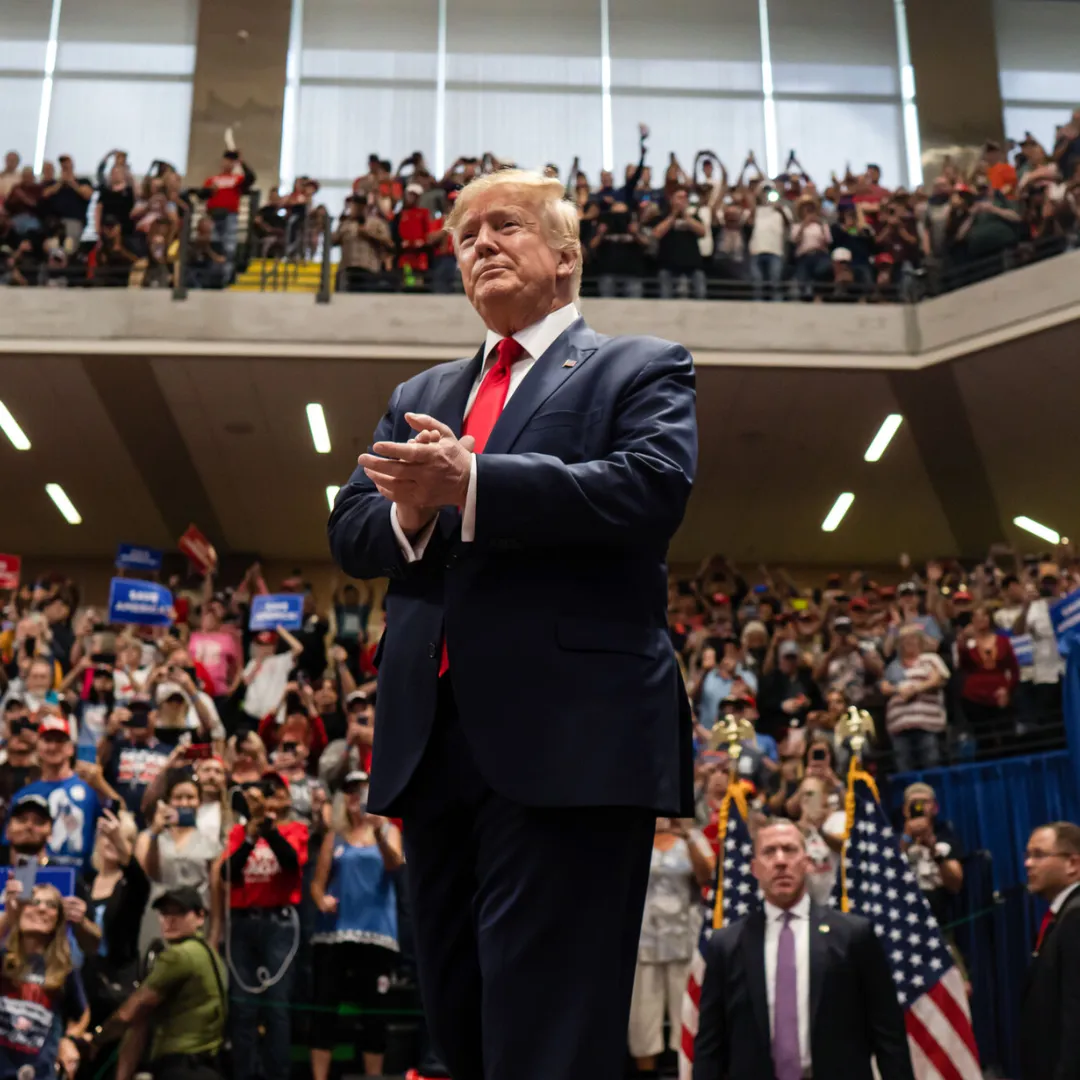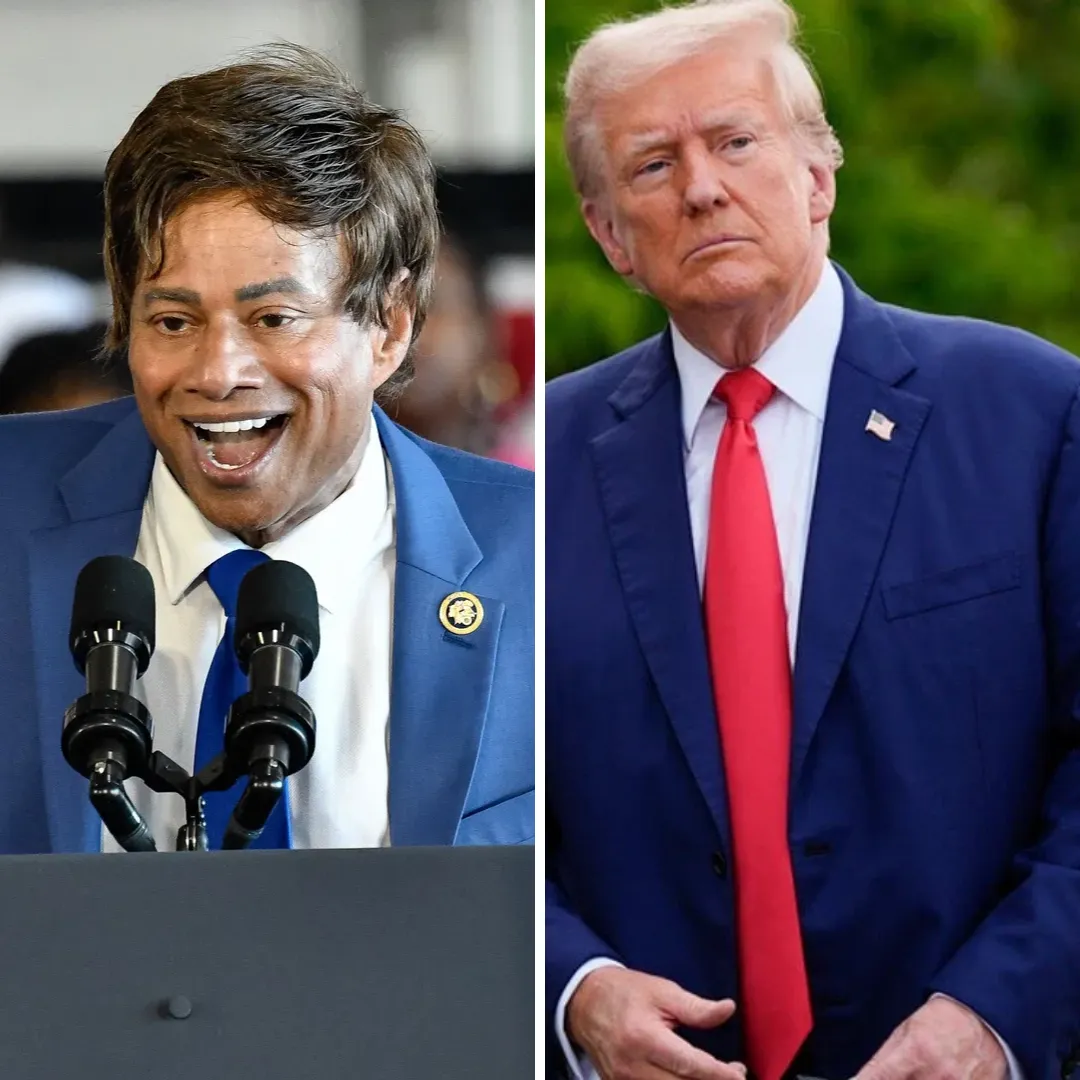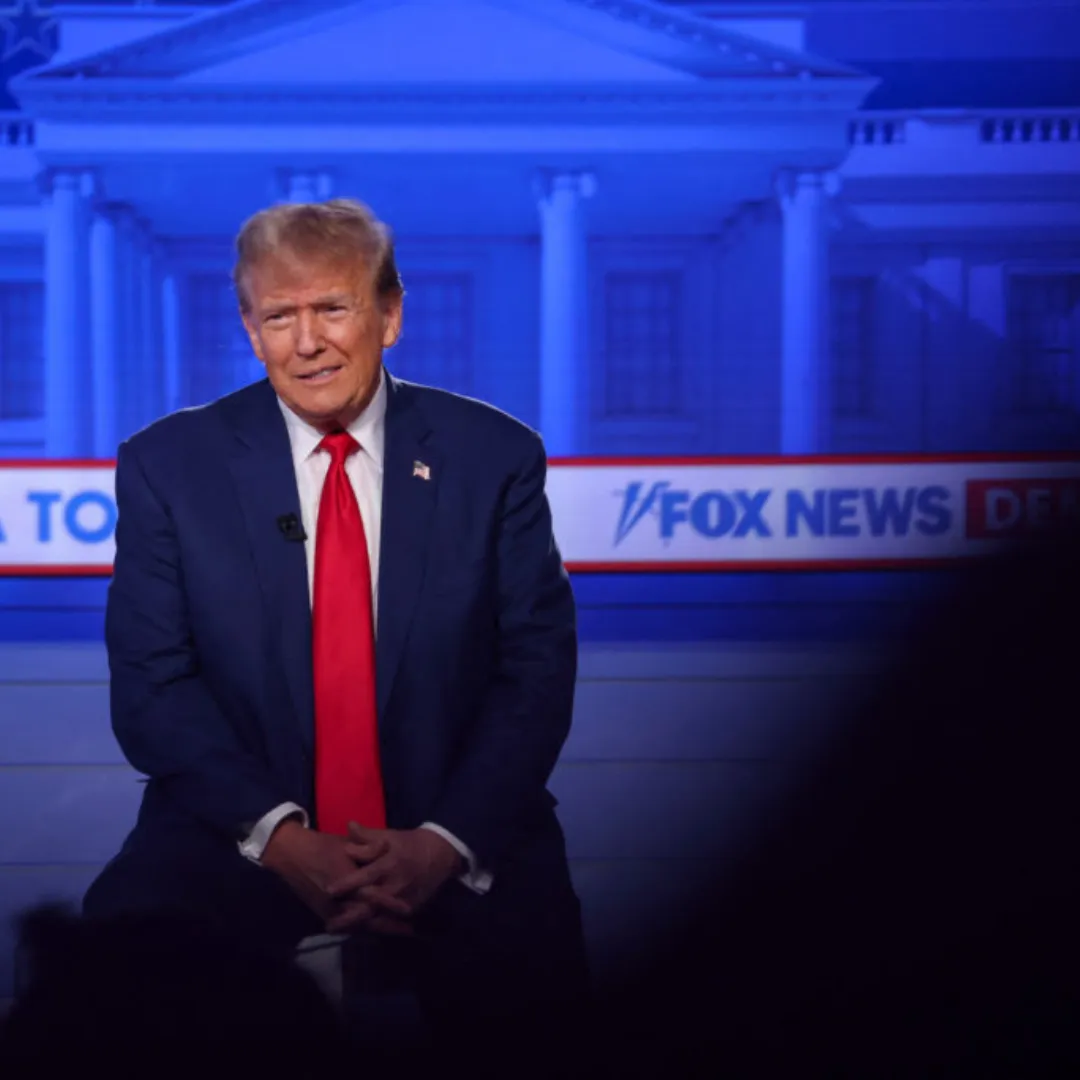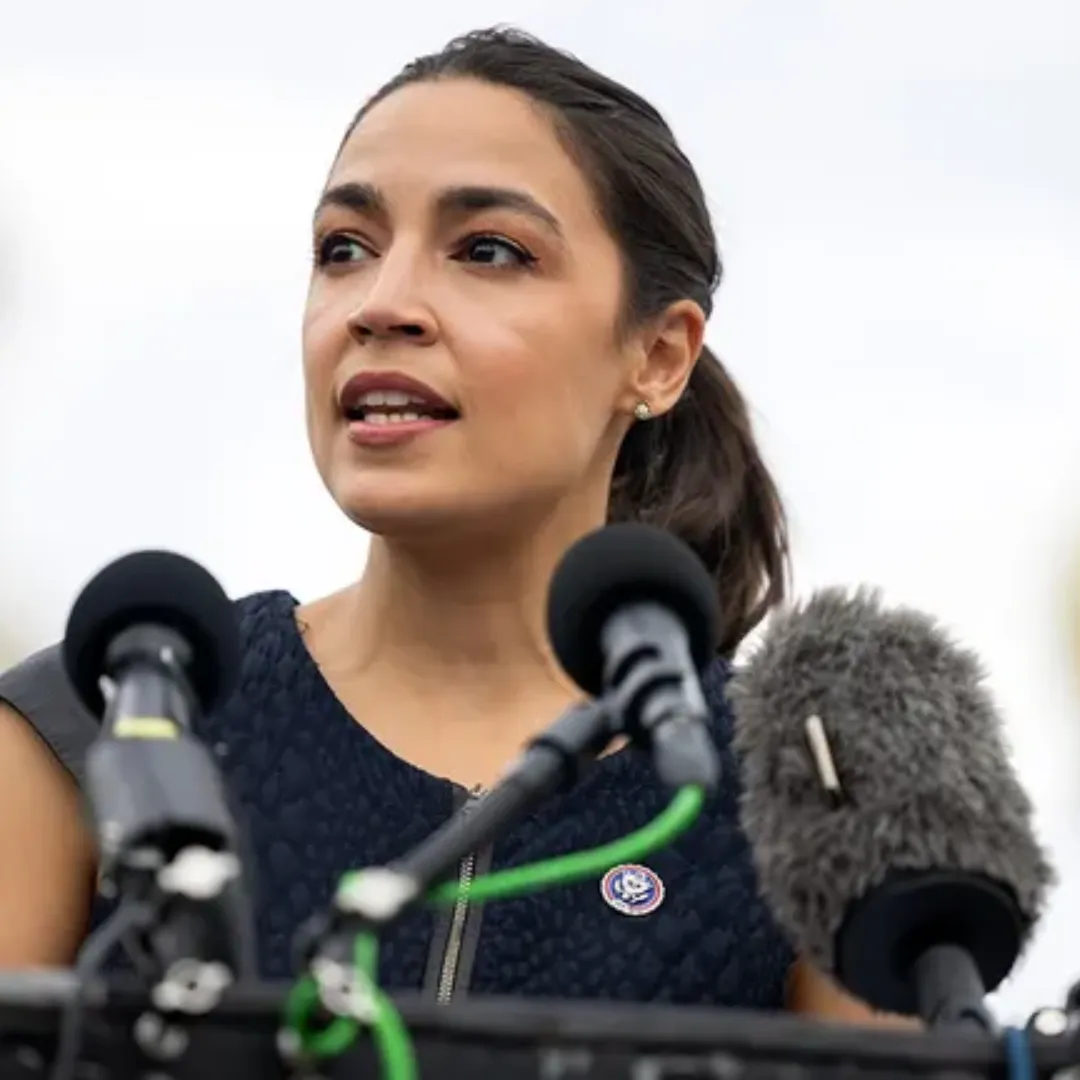
The Trump administration's arrest of Milwaukee County Circuit Judge Hannah Dugan has drawn sharp criticism and raised alarms about the potential for political interference with the judiciary.
Judge Dugan, who was arrested by FBI agents on charges of obstruction and concealing an individual, stands accused of aiding an undocumented immigrant evade arrest by federal immigration agents.
The case has sparked intense debate, with progressives arguing that the arrest is an overreach of executive power and a dangerous precedent for judicial independence.
The arrest took place on Friday, just hours after the FBI detained former New Mexico Judge Joel Cano and his wife, Nancy Cano, for allegedly assisting a Venezuelan national with reported gang ties evade capture. Both cases have attracted significant attention, with critics accusing the Trump administration of intimidating judges and undermining the rule of law.
The federal government’s actions, they argue, represent an increasing willingness to politicize the judicial system and use law enforcement as a tool to punish those who disagree with the administration’s policies.
Attorney General Pam Bondi, however, defended the actions of the federal government, stating that no one, including judges, is above the law. "Nobody is above the law, not even a judge," Bondi told ABC News in a Friday interview.
She dismissed critics who accused the Trump administration of targeting judges for political reasons, arguing that the administration's efforts to remove violent criminals from the country were in the interest of public safety. Bondi went on to state that individuals who assist undocumented immigrants in evading arrest should be held accountable, regardless of their position or status.
FBI Director Kash Patel confirmed the details of Judge Dugan's arrest in a social media post, alleging that Dugan had "intentionally misdirected federal agents" away from the subject of their arrest, Eduardo Flores-Ruiz, thereby allowing him to evade capture.

According to the complaint, Dugan was informed by her courtroom deputy that ICE agents were present in the courthouse to arrest Flores-Ruiz, a Mexican national who had been deported in 2013 and was facing charges related to domestic abuse.
The judge reportedly became "visibly angry" upon learning of the agents’ presence and confronted them in a public hallway, questioning whether they had the proper judicial warrant to carry out the arrest.
The situation escalated when Dugan allegedly escorted Flores-Ruiz and his attorney through a "jury door" to a nonpublic area of the courthouse, allowing them to leave the building without being detained by federal agents. Flores-Ruiz was later apprehended by FBI and DEA agents after he attempted to flee the scene, running down the street before being captured.
The arrest of Judge Dugan has sparked outrage, with many questioning whether the Trump administration is using its power to target judges and weaken the independence of the judicial branch.
Rep. Gwen Moore of Wisconsin, a vocal critic of the Trump administration’s immigration policies, condemned the arrest as an example of the government’s willingness to "weaponize federal law enforcement" for political purposes.
She expressed concern that the arrest would undermine trust in the judicial system and create a chilling effect on the ability of judges to perform their duties without fear of retribution. "I am very alarmed at this increasingly lawless action of the Trump administration," Moore said, noting that the actions of ICE and the FBI have already caused significant harm to immigrant communities.
Wisconsin Governor Tony Evers also weighed in, accusing the Trump administration of attempting to "attack and undermine our judiciary at every level." Evers, a Democrat, stated that he would continue to have faith in the justice system as the legal process unfolds, but emphasized the need to protect the independence of the courts.
The arrest of a sitting judge, he argued, sends a dangerous message about the administration’s willingness to use federal power to intimidate those who disagree with its policies.
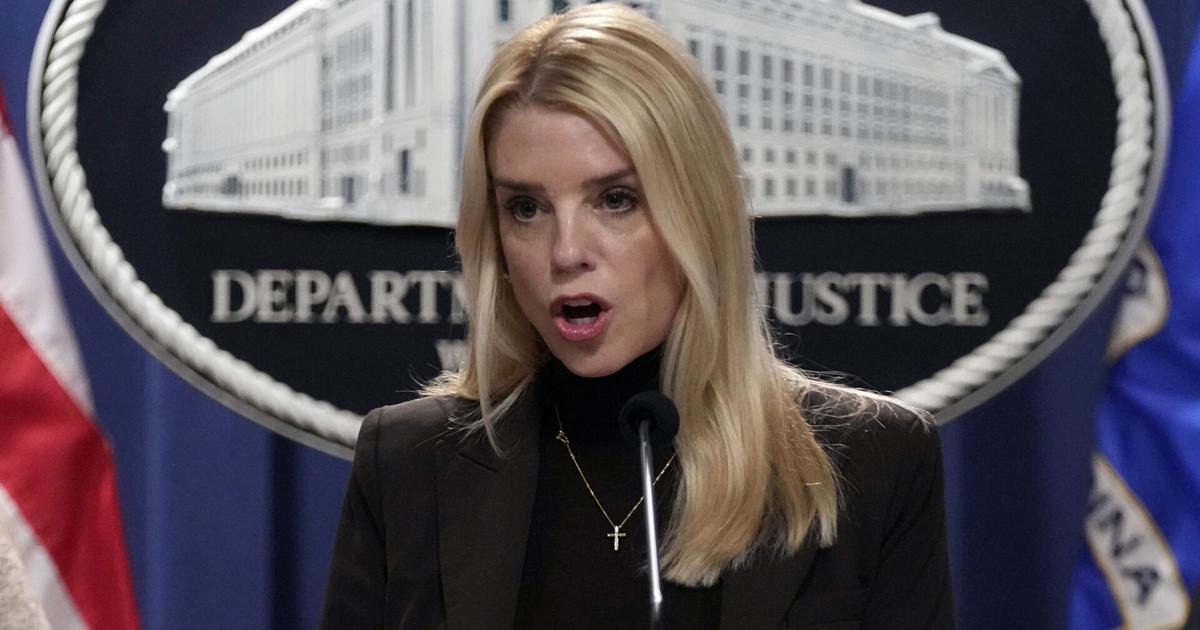
While the arrest of Judge Dugan has sparked political controversy, the Trump administration has defended its actions as necessary to uphold immigration laws and protect public safety.
Bondi reiterated that those who help criminals evade justice, including judges, must be held accountable. "Those are the people that have to be arrested and taken out of our country," she said. "Doesn’t matter who you are, no one can harbor them, not even a judge."
She further dismissed concerns that the government’s actions were politically motivated, stating that the administration’s focus was on keeping the country safe.
The arrest has also sparked significant protest from advocacy groups and local residents. Voces de la Frontera, the Milwaukee Alliance Against Racist and Political Repression (MAARPR), and Milwaukee Turners organized a demonstration outside the Milwaukee County Courthouse on Friday afternoon, condemning the arrest and calling for an end to what they see as an attack on judicial independence.
"To refer to this heinous attack as alarming would be an understatement," MAARPR said in a statement. The group accused FBI Director Kash Patel of attempting to bypass due process by making public accusations before Dugan had the chance to defend herself.
The case against Judge Dugan is not the only instance in which the Trump administration has been accused of targeting judges and other public officials. Former Judge Joel Cano, who faces charges of tampering with evidence, is also under scrutiny for his alleged involvement in assisting a Venezuelan gang member.
Court documents allege that Cano destroyed a cell phone belonging to the gang member to prevent incriminating evidence from being used against him. These cases have fueled concerns that the Trump administration is using law enforcement to attack judges who resist its immigration policies.
Despite the controversy surrounding the arrests, the Trump administration has continued to push for aggressive immigration enforcement, arguing that it is essential for national security.
President Trump and his allies have repeatedly stated that they are committed to removing violent criminals and individuals who pose a threat to public safety from the country, regardless of their immigration status. Critics, however, argue that the administration’s tactics are not only harming immigrant communities but also eroding the fundamental principles of justice and due process.
The growing tension between the Trump administration and the judiciary is likely to have lasting consequences for the relationship between the executive and judicial branches of government. If the administration continues to target judges and other officials who resist its policies, it could set a dangerous precedent for the future of the rule of law in the United States.
As the legal battles unfold, it remains to be seen whether the courts will be able to maintain their independence and whether the Trump administration will be held accountable for its actions.
For now, the arrest of Judge Dugan serves as a stark reminder of the political and legal challenges that lie ahead for both the administration and the judiciary. As protests and legal challenges continue to mount, the case could have far-reaching implications for the future of immigration policy, judicial independence, and the rule of law in the United States.
